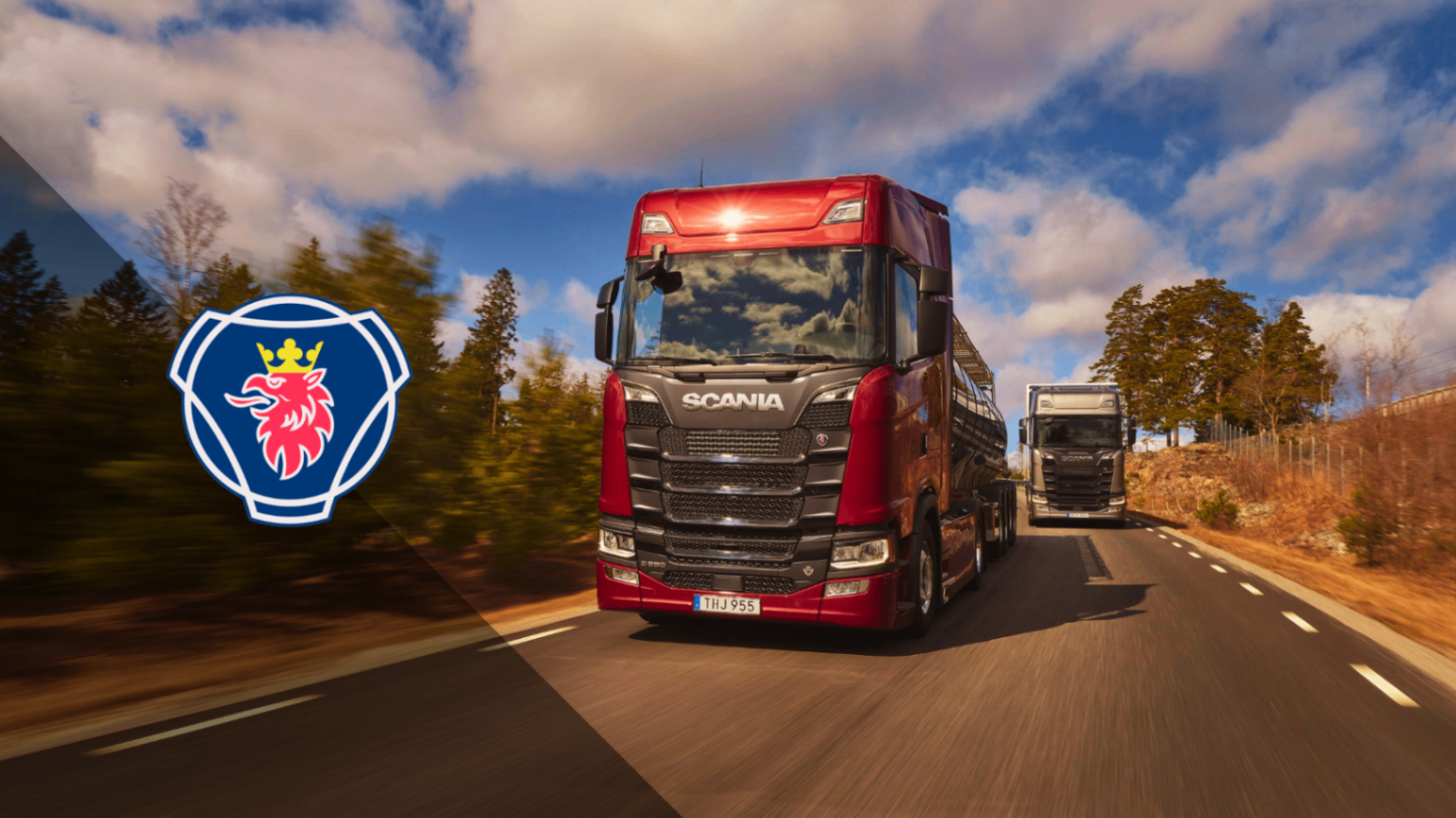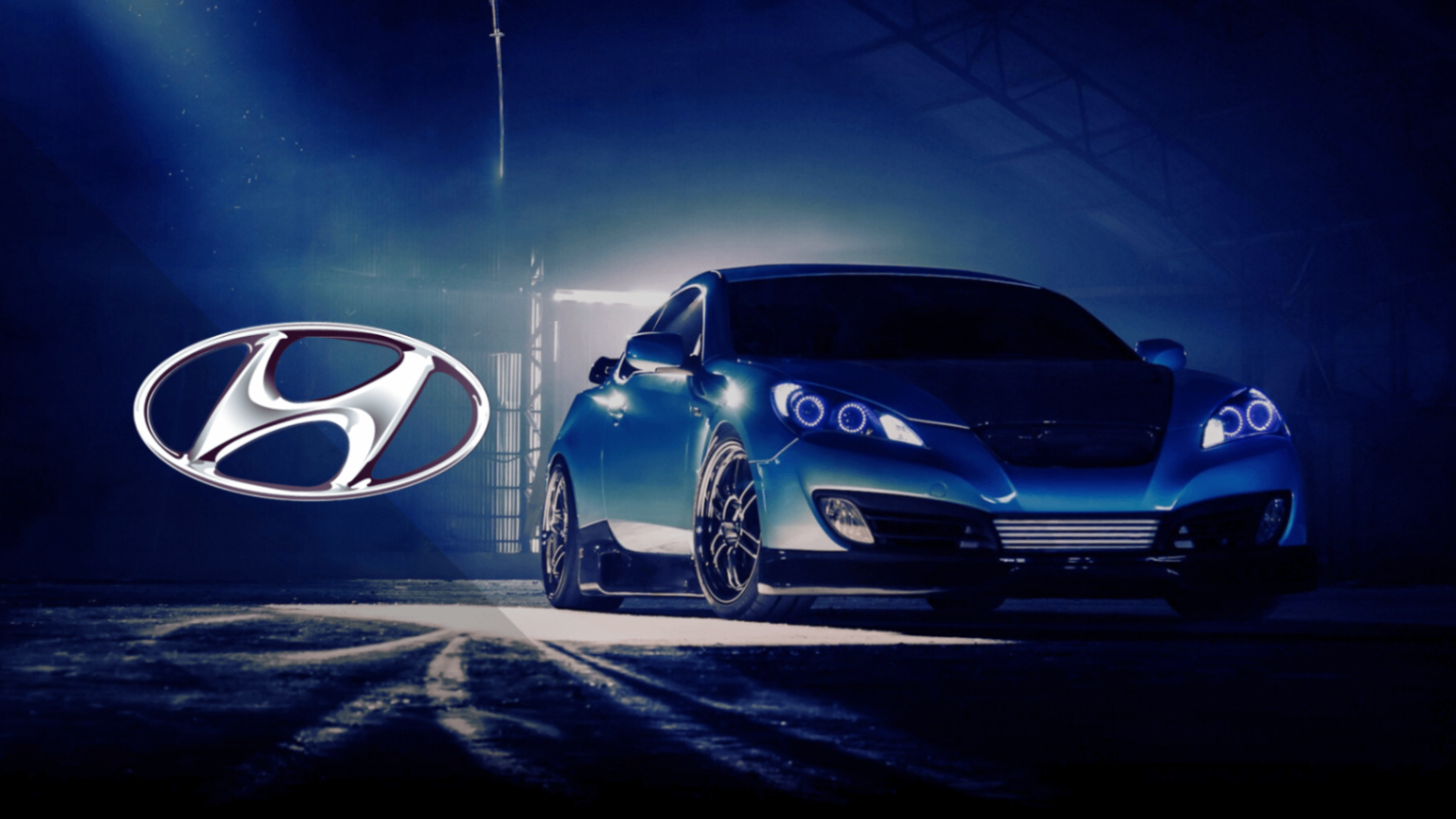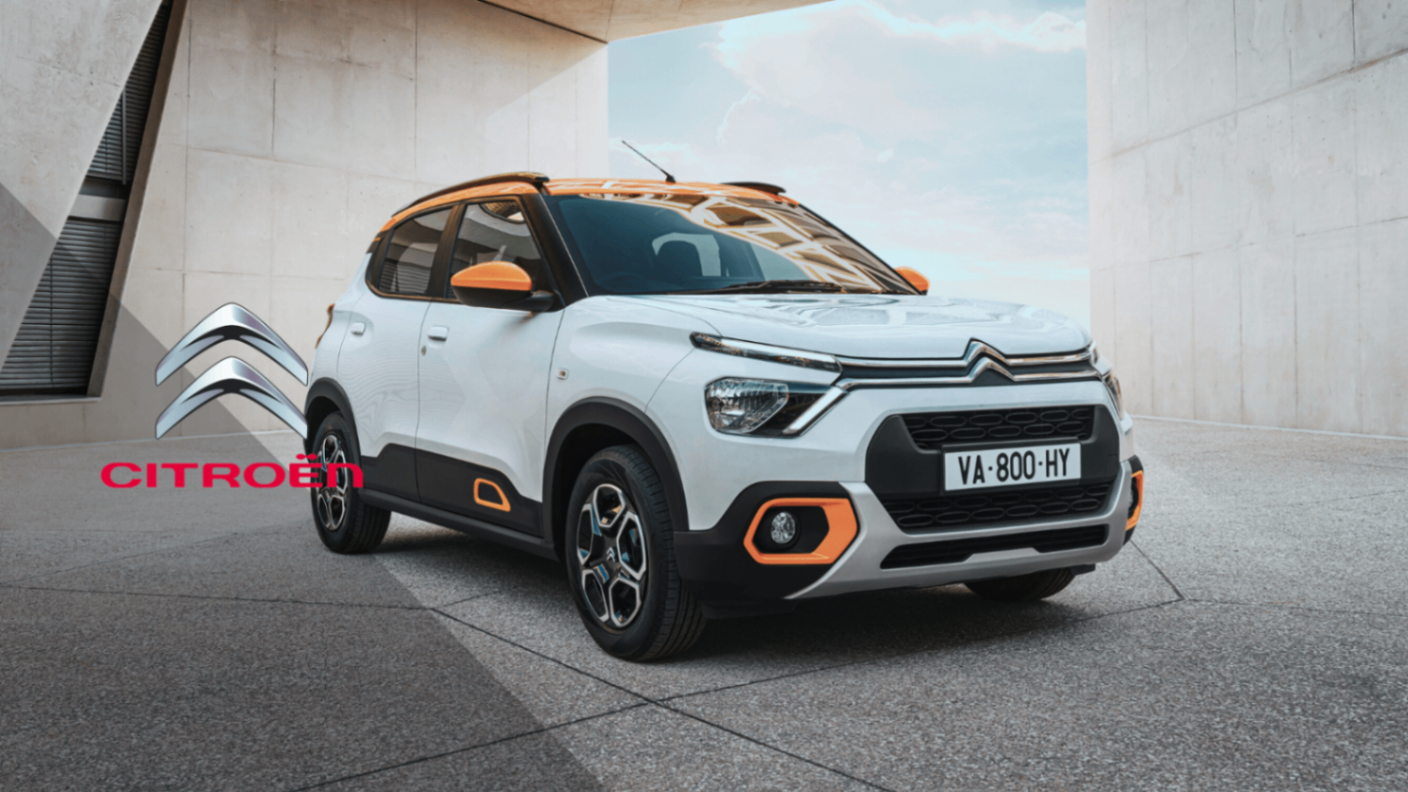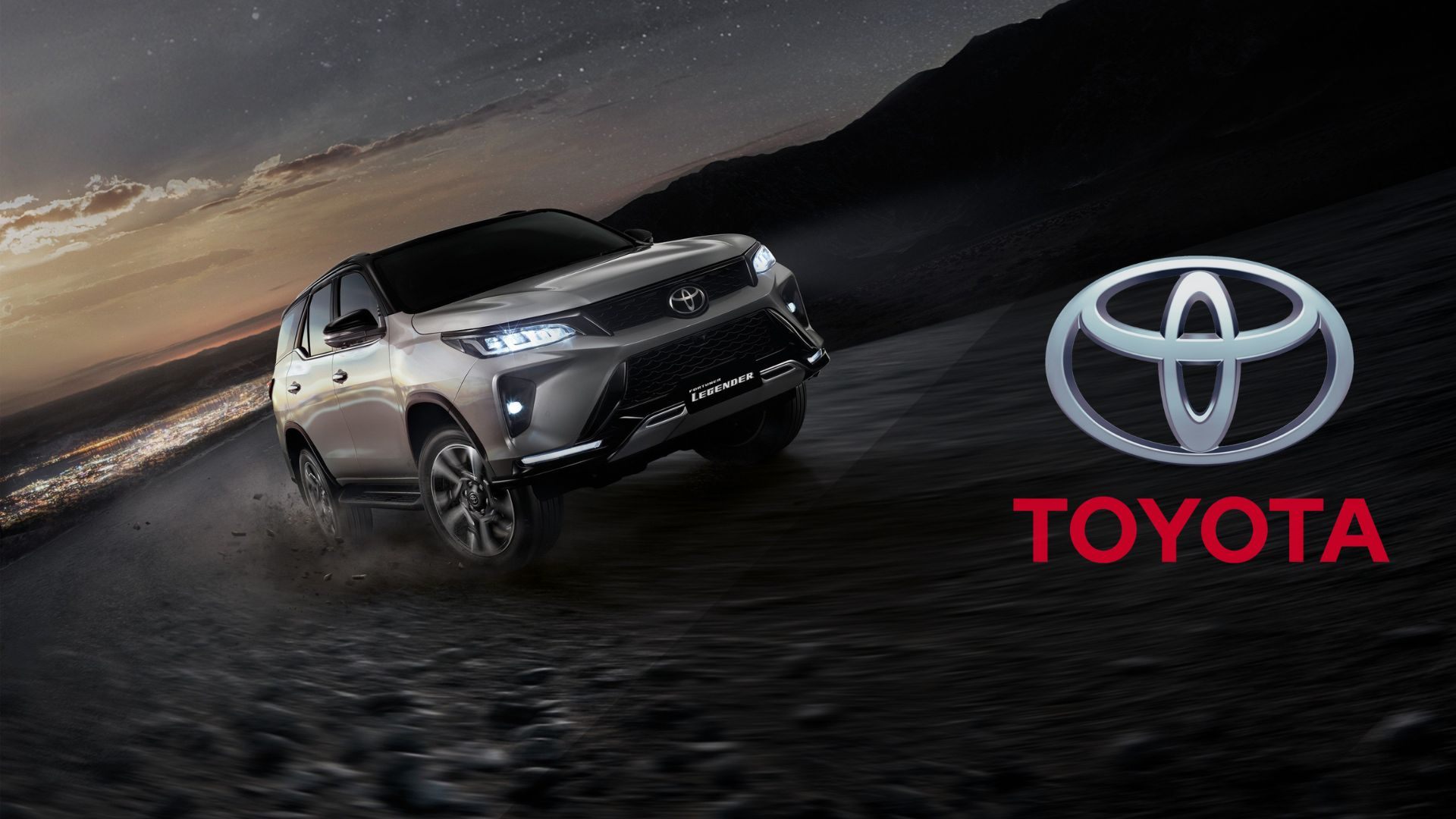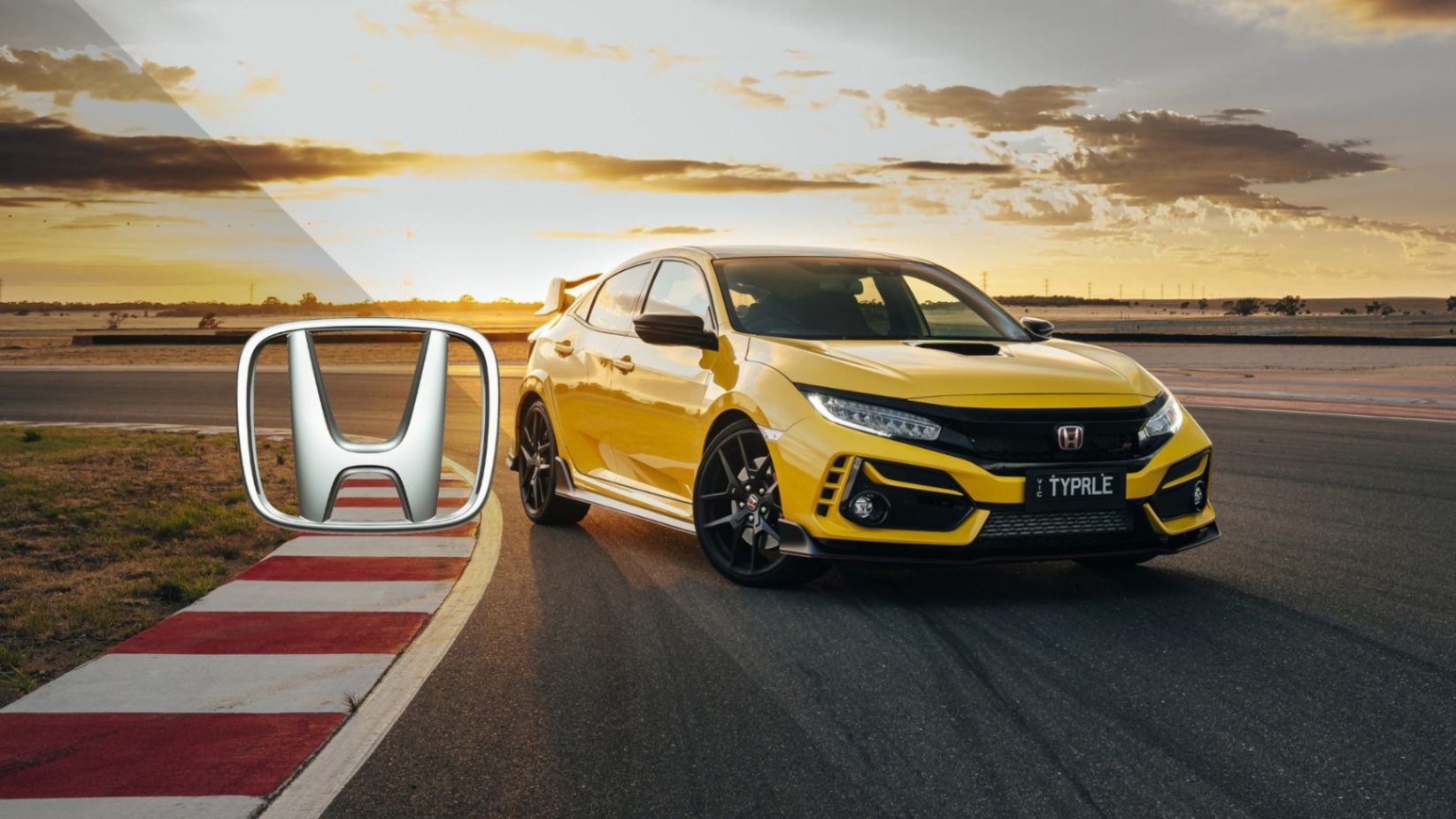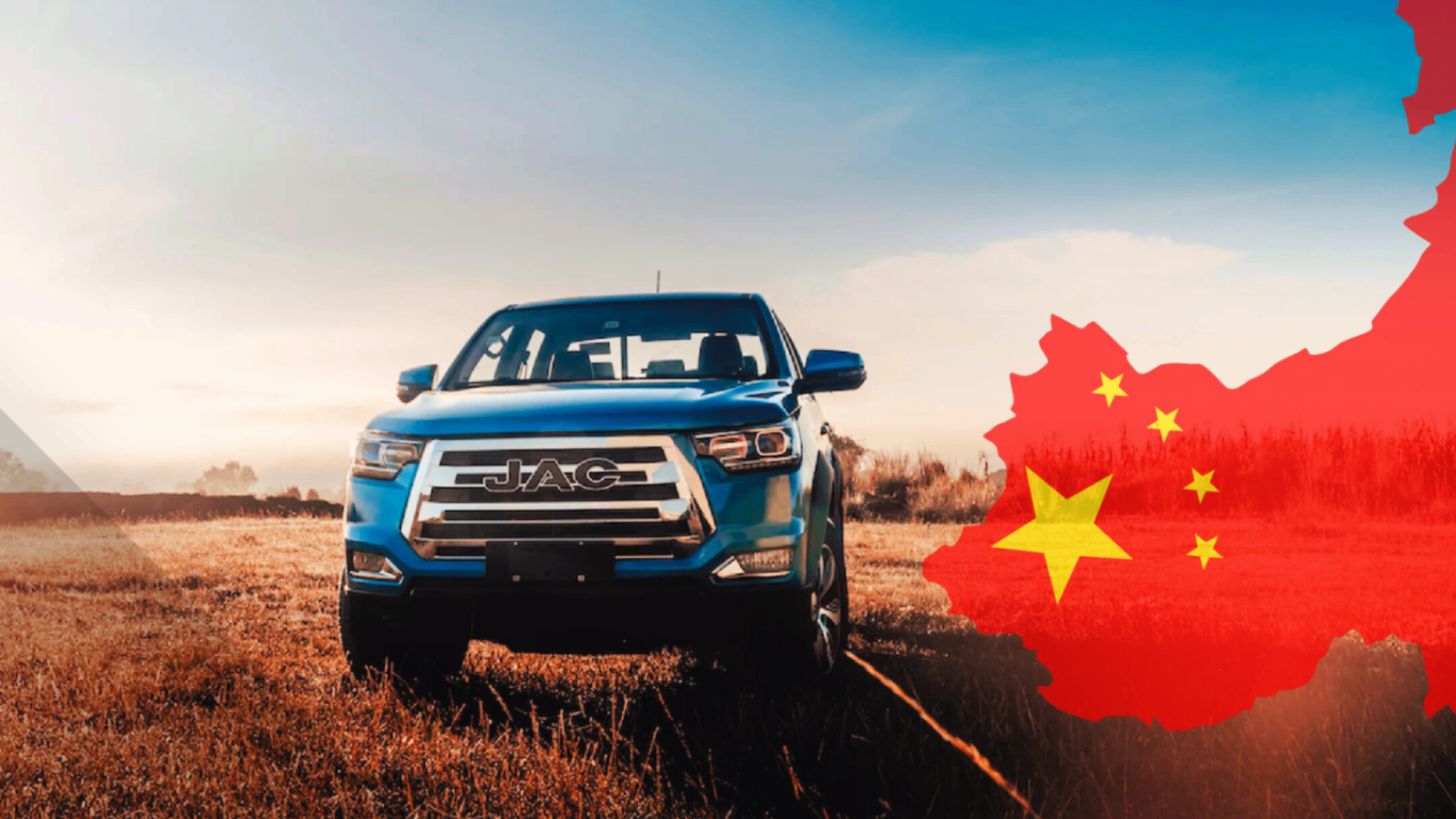
From its humble beginnings in Sweden at the end of the 19th century, Scania has come a long way to become a global giant in the transportation industry. Renowned for the durability, innovation, and efficiency of its trucks and buses, Scania has not only conquered the roads but has redefined the way the world moves. In this blog, we will explore how this iconic brand has left an indelible mark on global transportation, and why its vehicles remain the favorites of those who challenge the most demanding routes.
Scania's Beginnings: From Local Industry to Global Market
Scania was founded in 1891 in Sweden, initially as a railway carriage manufacturer. In its early years, the company focused on producing high-quality carriages to meet the growing demand for rail transportation in Europe. However, the founders' vision extended beyond the rails. The company quickly diversified and began producing its first trucks in the early 20th century.
You might be interested in: How a ghost saved Koenigsegg | The Koenigsegg Story
"Scania's first truck rolled off the production line in 1902, marking the beginning of a new era for the company. These early vehicles were modest by today's standards but represented a significant advancement in transportation technology at the time. Scania's ability to innovate and adapt to market needs set it apart from its competitors.
Scania's early successes in the European market solidified its reputation as an innovative and reliable manufacturer. Over the following decades, Scania continued to refine its designs and technologies, earning numerous contracts and industry accolades. The company eventually expanded its reach internationally, establishing itself in key markets worldwide. Scania's global expansion not only brought its trucks to new territories but also fostered a network of service and distribution that ensured customer support and satisfaction anywhere in the world.
This trajectory of growth and success was made possible by a consistent focus on quality, innovation, and understanding customer needs. As a result, Scania not only became a benchmark in truck and bus manufacturing but also positioned itself as a global leader in the transportation industry.
Scania's DNA: Innovation and Efficiency
Scania has always been renowned for its focus on design and technology. The brand's trucks are celebrated for their fuel efficiency, durability, and performance. This commitment to technical excellence is no accident but the result of decades of continuous research and development. Scania has invested heavily in its innovation centers, where engineers and designers work tirelessly to produce vehicles that not only meet but exceed market expectations.
Over the years, Scania has spearheaded significant advancements in the industry, such as the development of more efficient engines and the creation of vehicles capable of withstanding extreme conditions. For instance, the introduction of its modular engine in the 1970s revolutionized the industry, enabling greater flexibility and ease of maintenance. Additionally, the brand has been a pioneer in implementing connectivity technologies in its vehicles, facilitating fleet management and improving operational efficiency.
These milestones have solidified its position as a leader in the transportation sector. But Scania's innovation extends beyond engines and connectivity; the company has also been a forerunner in safety, with advanced driver assistance systems and cab structures designed to maximize protection in accidents. Scania's ability to anticipate market needs and respond with innovative solutions has been instrumental in maintaining its leadership in an ever-evolving industry.

Scania Trucks: Pillars of Global Transportation
Scania trucks have made an indelible mark on the transportation industry. From long-haul trucks to vehicles used in construction and mining, Scania offers robust and reliable solutions.
Scania trucks are synonymous with reliability and durability, and are used in a variety of industries worldwide. Their reputation has been built on a foundation of consistent performance and unmatched durability.
One of the most notable aspects of Scania trucks is their ability to adapt to different environments and operational needs. In the logistics and long-haul transportation sector, Scania trucks are valued for their fuel efficiency and ability to cover long distances with minimal stops. These vehicles are equipped with advanced fleet management systems that allow operators to monitor performance in real time, optimizing routes and reducing operating costs.
In the construction industry, Scania trucks are known for their robustness and ability to handle heavy loads and tough terrain. The precise engineering of their chassis and suspension systems ensures they can operate in extreme conditions without compromising safety or efficiency. Additionally, the flexibility of their configurations allows companies to customize vehicles for specific tasks, from transporting materials to operating heavy machinery.
In the mining sector, where reliability and durability are paramount, Scania trucks excel at withstanding constant wear and tear and adverse conditions. Powerful engines and robust transmissions ensure these vehicles can operate continuously, minimizing downtime and maximizing productivity. The ease of maintenance and global availability of spare parts also play a crucial role in keeping these trucks operational in the most challenging environments.
The versatility of Scania trucks extends beyond industrial applications. They are also a popular choice in the public sector, where they are used for a variety of purposes, from waste transportation to emergency response. Scania's ability to offer customized solutions and its commitment to innovation have allowed the brand to remain relevant and competitive in an ever-evolving market.
Scania and the Competition: Staying Ahead
In a competitive market, Scania has managed to stay ahead by continuously innovating and customizing vehicles to meet the specific needs of its customers. Compared to other manufacturers like Volvo and Mercedes-Benz, Scania stands out for its focus on efficiency and adaptability.
Behold: The Emperor's Brand: How Mercedes-Benz Became the Standard of Luxury
"Scania's ability to innovate and offer customized solutions has been key to maintaining its competitive position in the global market. In a context where the demand for more efficient and sustainable vehicles is increasing, Scania has been able to anticipate market trends and respond with products that not only meet but exceed customer expectations.
This ability to anticipate market needs and desires has allowed Scania to differentiate itself from its competitors. While Volvo and Mercedes-Benz are also recognized for their quality and technology, Scania has achieved a perfect balance between performance and customization. This approach has allowed it to capture a loyal customer base that values the ability to adapt vehicles to their specific needs, whether in long-haul transportation, construction, mining, or the public sector.
Furthermore, Scania's robust service and support network ensures that its customers receive efficient and accessible maintenance anywhere in the world, resulting in greater trust and preference for the brand. The company does not only sell trucks and buses, but offers comprehensive solutions that include fleet management, energy efficiency consulting, and driver training programs. This holistic view of transportation has been fundamental for Scania to remain at the forefront of an ever-changing industry.
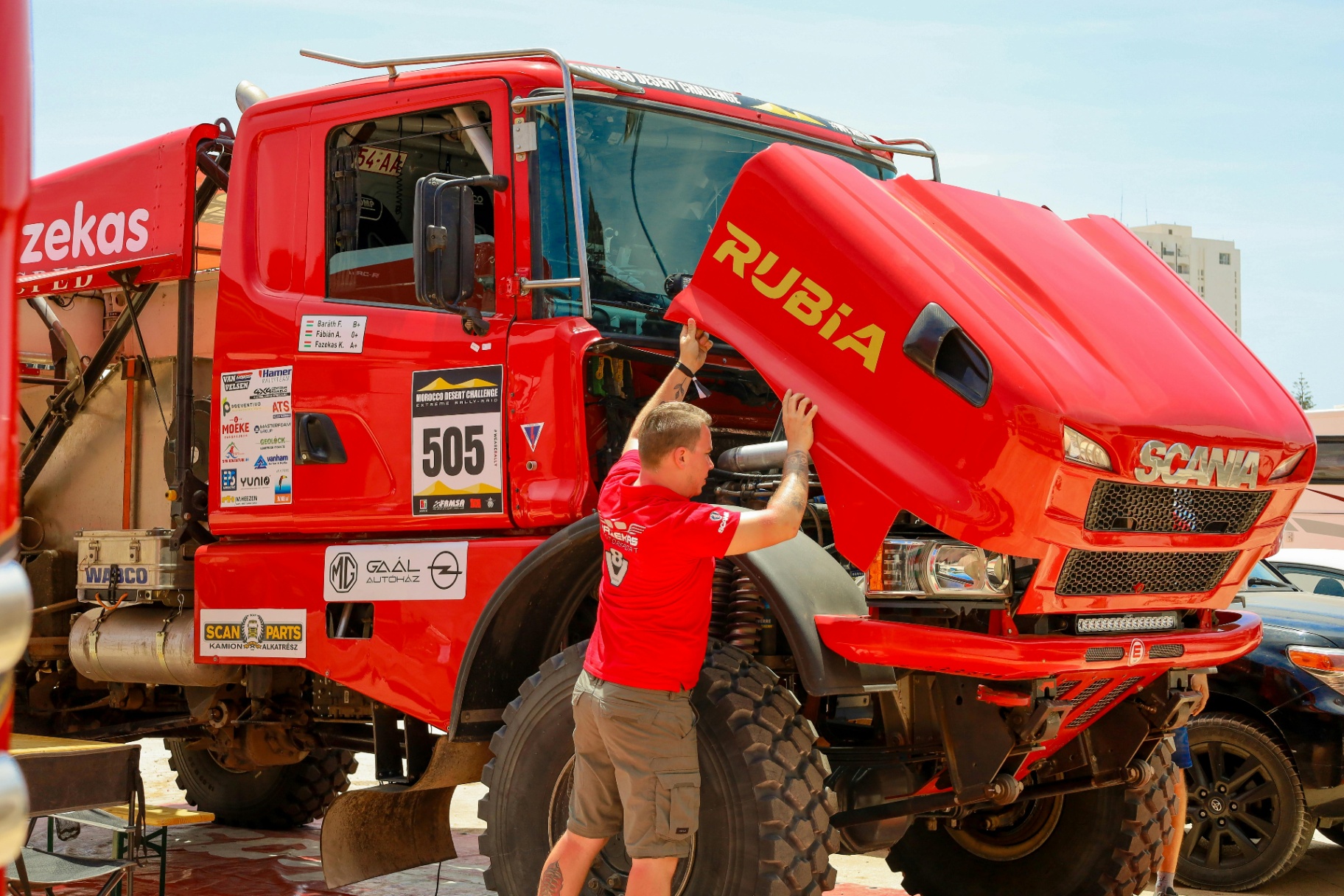
The Sustainability Bet: Scania Trucks in the Green Mobility Era
Scania is committed to sustainability and has launched a series of initiatives to reduce carbon emissions. The company has developed hybrid, electric, and gas vehicles to offer cleaner and more efficient options. These vehicles not only comply with the strictest environmental regulations but also represent a significant advancement in reducing the carbon footprint of the transportation sector.
Scania's focus on clean technologies is leading the way toward a more sustainable future in transportation. The company has invested in research and development of high-capacity batteries and electric propulsion systems that not only improve energy efficiency but also increase vehicle range. Additionally, Scania has worked on integrating fast charging systems and improving charging infrastructure, facilitating the transition to electric vehicles for its customers.
In the field of gas vehicles, Scania has developed engines that can run on biogas, a renewable alternative that significantly reduces carbon emissions compared to traditional fossil fuels. These gas engines are a more environmentally friendly option and offer comparable performance and reliability to conventional diesel engines.
Scania's vision is not limited to vehicle technology. The company is implementing sustainable transportation solutions that include route optimization and efficient fleet management, contributing to reduced fuel consumption and emissions. Scania also collaborates with governments and international organizations to promote policies and regulations that incentivize the use of clean technologies in transportation.
Furthermore, the company is exploring the use of alternative fuels, such as hydrogen, and the integration of renewable energy technologies into its operations and supply chains. These initiatives reflect Scania's commitment to a holistic approach to sustainability, encompassing not only the production and operation of its vehicles but also its global impact on the environment.
Its future projects and vision are aligned with the need to reduce the industry's environmental impact. Scania has committed to achieving fossil-free production by 2040, an ambitious goal that underscores its leadership and responsibility in the fight against climate change. With each step towards greener mobility, Scania demonstrates that sustainability and efficiency can go hand in hand, paving the way for a future where transportation is cleaner and more environmentally responsible.
Scania Today: Leading Global Transport
Today, Scania has a presence in over 100 countries and boasts a robust global network ensuring access to its products and services in virtually any corner of the world. This extensive network not only facilitates vehicle distribution but also ensures efficient technical and maintenance support, vital for maintaining customer operations and trust. Service centers and production plants are strategically located to optimize logistics and respond quickly to market demands.
The brand remains fundamental to the transportation of goods and people worldwide, offering solutions ranging from trucks and buses to industrial and marine engines. Its presence in such diverse markets has allowed it to adapt to the specific needs of each region, from congested European cities to the vast territories of Australia and the challenging roads of Latin America.
Scania's legacy in the heavy-duty vehicle market is evident, and the company remains a pillar in the transportation industry thanks to its commitment to quality and innovation. Each vehicle produced carries with it decades of experience and a constant focus on continuous improvement. Investments in research and development have allowed Scania to stay at the forefront of technology, introducing significant advancements in energy efficiency, safety, and connectivity.
Furthermore, the company has demonstrated a remarkable ability to anticipate and adapt to market trends, such as the growing demand for sustainable transportation solutions. This proactive approach has solidified its reputation as a leader not only in terms of high-quality products but also as a responsible and visionary entity, committed to a greener and more efficient future.
From its global expansion to its leadership in sustainability, Scania has conquered the world's roads and continues to set the course for the future of mobility. With a rich history and a clear vision, Scania's giants will continue to be fundamental in the transportation of tomorrow.

